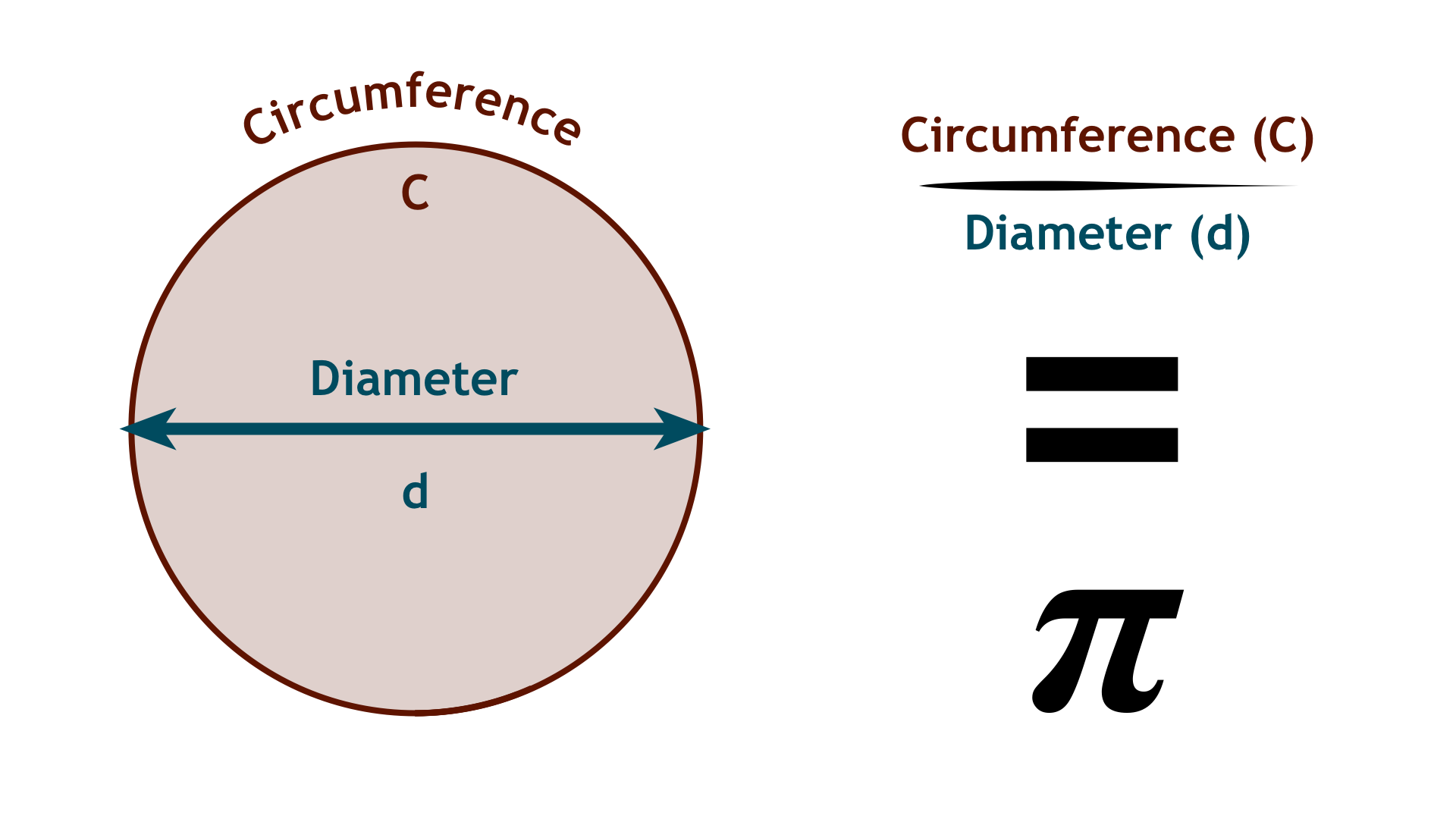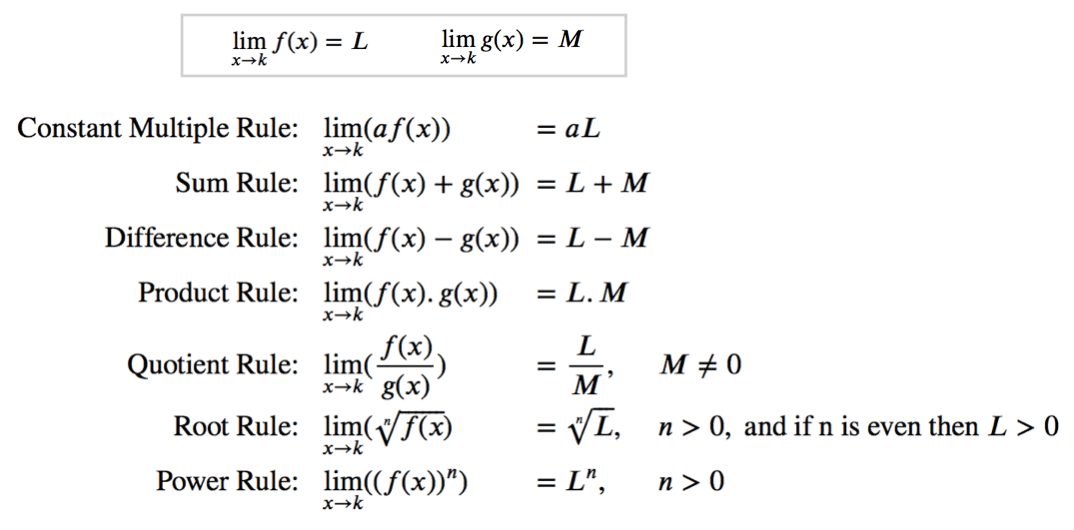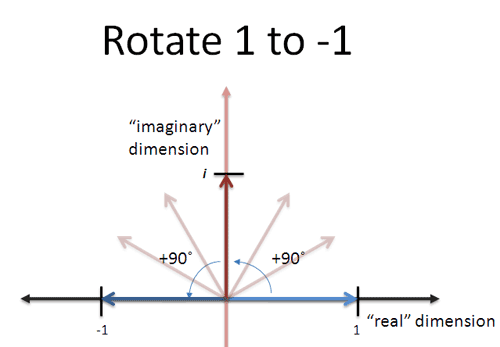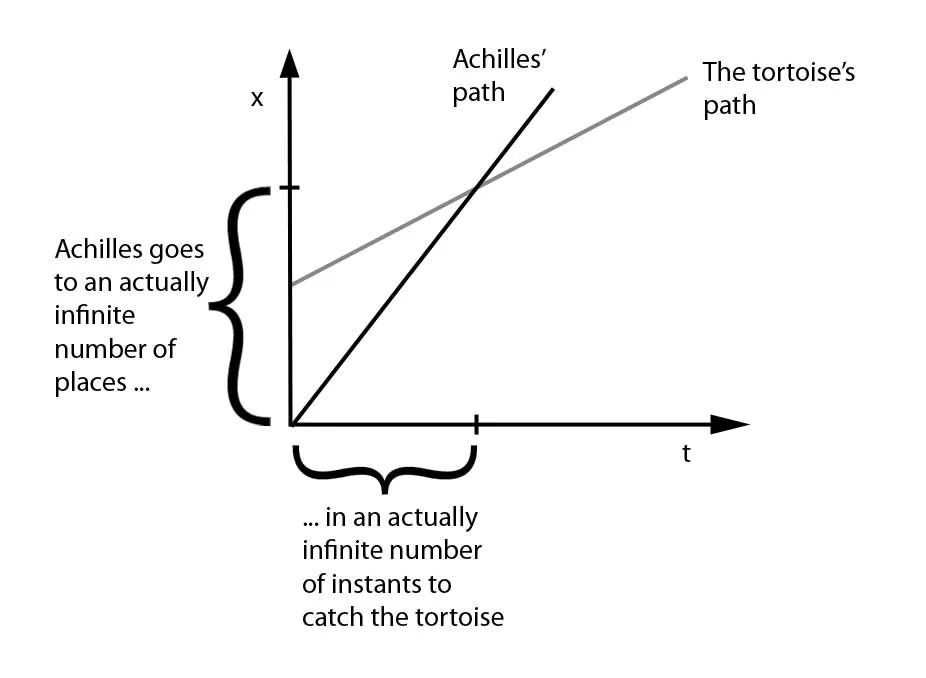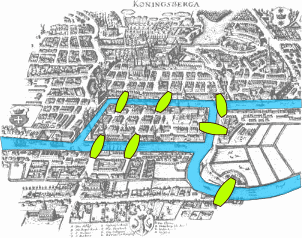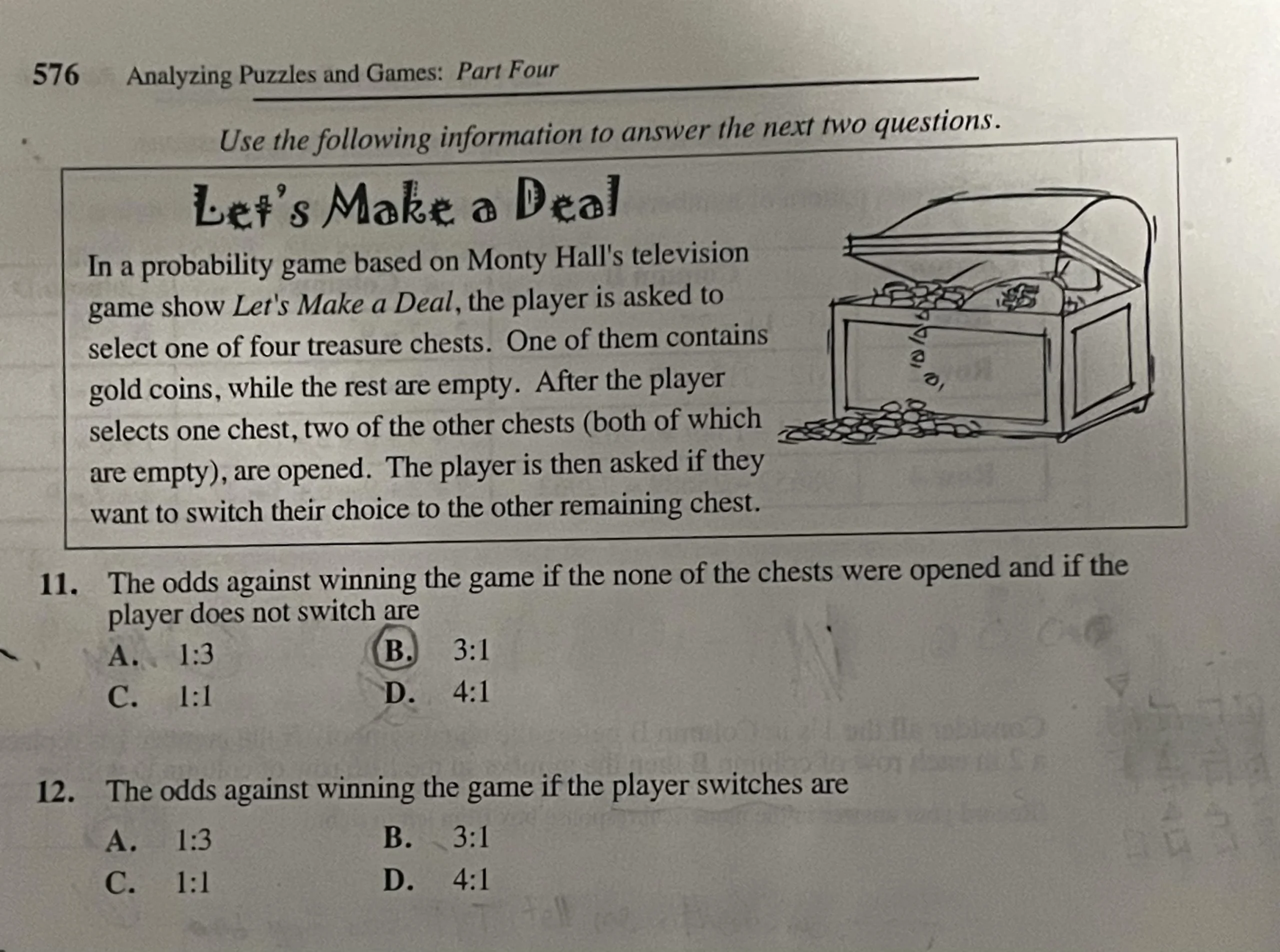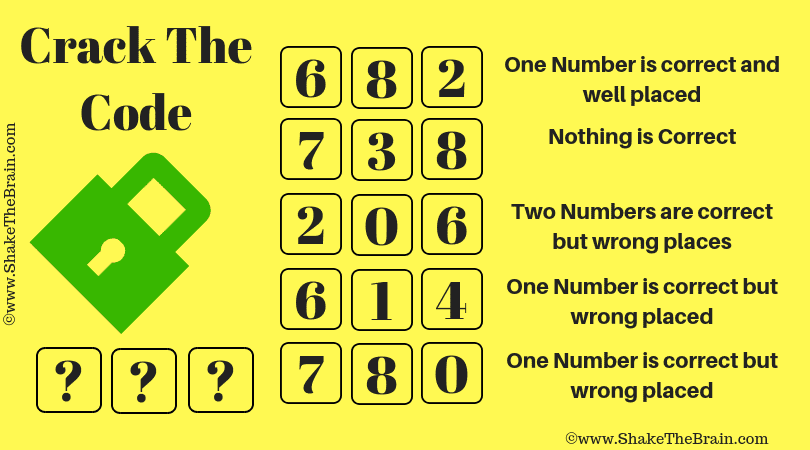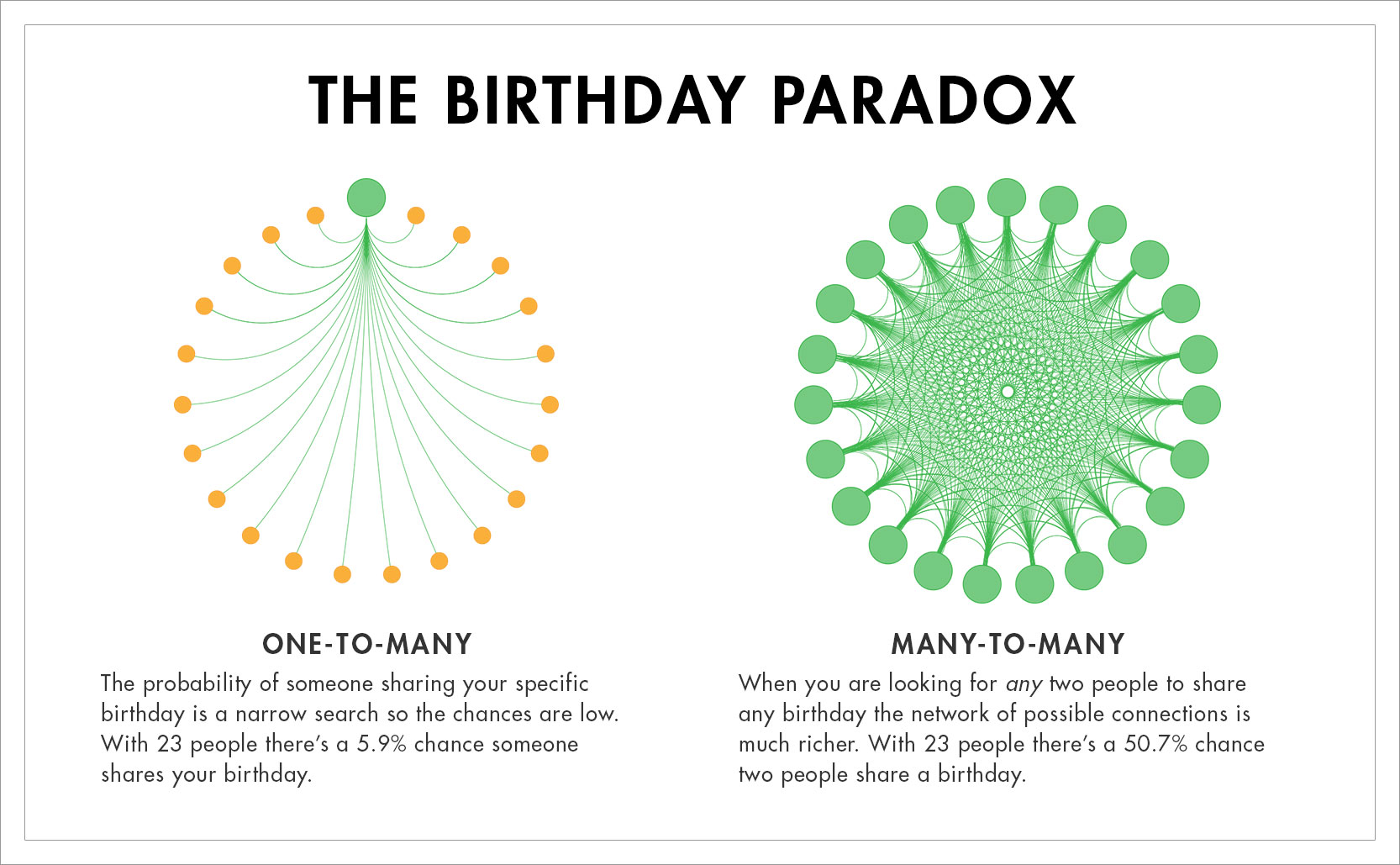The story of the most important “nothing” in history. A World Without Zero: How Ancient Romans Struggled with Calculations Zero is so fundamental to modern mathematics that it’s hard to imagine a world without it. Yet for most of human history, civilization flourished without this crucial concept. The ancient Romans,…
-
-
Pi (π): More Than Just a Circle’s Constant
Pi is more than 3.14; it’s a universal constant that appears everywhere. What is Pi? Defining the Iconic Ratio of a Circle’s Circumference to Its Diameter Pi (π) is perhaps the most recognized mathematical constant, known to people worldwide as approximately 3.14159. But what exactly is pi, and why is…
-
A Gentle Introduction to Infinity (∞)
What is infinity? Is it a number or an idea? Countable vs. Uncountable Infinities: The Shocking Truth That Some Infinities Are Bigger Than Others Infinity is one of the most mind-bending concepts in mathematics, challenging our intuition about numbers and size. What makes infinity particularly fascinating is that not all…
-
Imaginary Numbers (i): How “Fake” Numbers Have Real Power
What is the square root of a negative number, and why do we need it? Solving the Unsolvable: How i Solves Equations Like x² + 1 = 0 Imaginary numbers emerged from mathematicians’ attempts to solve equations that seemed impossible within the realm of real numbers. The most fundamental imaginary…
-
The Golden Ratio (ϕ): Nature’s Favorite Number?
Exploring the myth and math of the so-called “divine proportion.” Defining the Ratio: What is the Golden Ratio (≈1.618) and How is it Derived? The golden ratio, represented by the Greek letter phi (ϕ), is approximately 1.6180339887… and has fascinated mathematicians, artists, and scientists for centuries. This irrational number possesses…
-
Zeno’s Paradoxes: Can You Ever Actually Reach Your Destination?
The ancient Greek paradoxes that question the very nature of motion. Introduction: The Ancient Greek Paradoxes That Question the Nature of Motion Zeno of Elea, a pre-Socratic Greek philosopher who lived in the 5th century BCE, formulated a series of paradoxes that have puzzled thinkers for over two millennia. These…
-
The Seven Bridges of Königsberg: The Puzzle That Created a New Math
The historical brain teaser that stumped a city in the 1700s. The Problem: Can You Walk Through the City, Crossing Each of Its Seven Bridges Only Once? The Seven Bridges of Königsberg problem is one of the most famous puzzles in the history of mathematics, not because of its complexity,…
-
The Monty Hall Problem: How to Outsmart a Game Show
Pose the classic brain teaser: 3 doors, 1 car. Should you switch your choice? The Intuitive (and Wrong) Answer: Why Our Gut Feeling is to Stick with Our First Pick The Monty Hall problem is one of the most counterintuitive puzzles in probability theory, challenging our instincts about chance and…
-
Logic Puzzles That Will Sharpen Your Mind
Flex your deductive reasoning muscles with these classic puzzles. Introduction: The Unique Satisfaction of Solving a Problem with Pure Logic Logic puzzles offer a unique form of mental exercise that differs fundamentally from other types of brain teasers. Unlike riddles that rely on wordplay or lateral thinking puzzles that require…
-
The Birthday Paradox: The Odds Are Not What You Think
Why Our Brains Get It Wrong: The Difference Between a Specific Birthday and Any Shared Birthday The birthday paradox is one of the most counterintuitive results in probability theory, illustrating how our brains struggle with combinatorial reasoning and the difference between specific and general probabilities. When told that in a…

